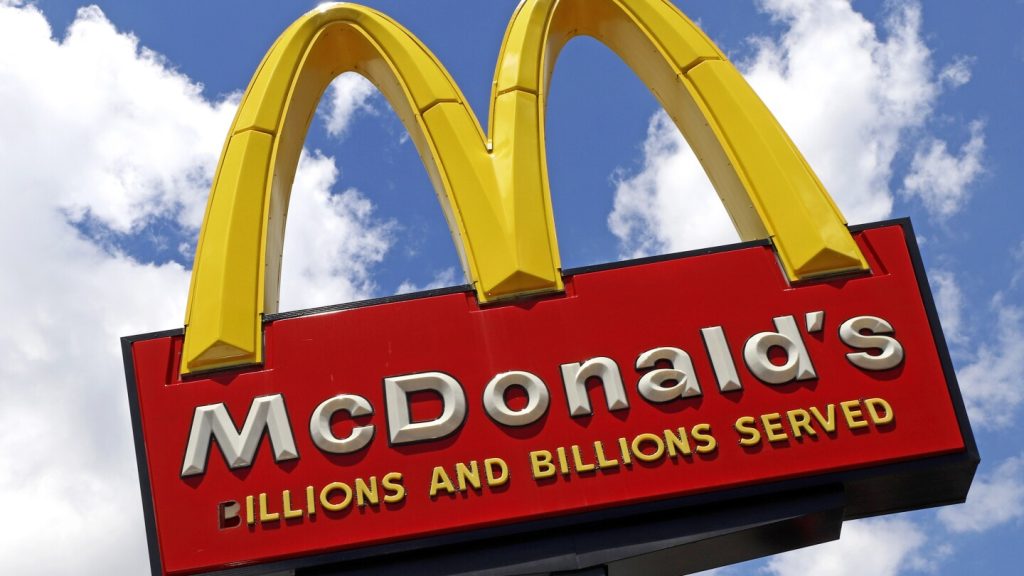McDonald’s has filed a lawsuit against the meat industry’s “Big Four” – Tyson, JBS, Cargill, and National Beef Packing Company – alleging a price-fixing scheme specifically for beef. The fast-food giant claims that these companies engaged in anticompetitive practices such as limiting supply to artificially inflate prices, resulting in a monopoly where buyers were forced to purchase at dictated prices. McDonald’s argues that this violates the Sherman Act, a federal antitrust law.
The accused meat packers, Tyson, JBS, Cargill, and National Beef, have not responded to the lawsuit yet. These companies have faced previous allegations and federal probes regarding price-fixing, with lawsuits from various entities including grocery stores, ranchers, restaurants, and wholesalers. Some settlements have been reached in the past, such as JBS agreeing to a $52.5 million settlement in 2022 and Tyson paying $221.5 million in 2021. However, these settlements did not include admissions of wrongdoing, as meat processors have argued that external factors like plant closures and labor shortages have driven up prices.
Despite these arguments, lawsuits like the one from McDonald’s point to increased profit margins during the alleged conspiracy period and highlight the concentration of power in the hands of a few major meat packers as facilitating collusion. Data shows that Tyson, JBS, Cargill, and National Beef control over 80% of the U.S. beef market combined. McDonald’s is pushing for a trial by jury in its case against these companies. The fast-food chain, headquartered in Chicago, operates over 39,000 locations globally, including around 13,000 in the U.S., with the majority being franchised.
This lawsuit from McDonald’s is part of a larger trend of legal action against the meatpacking industry for alleged price-fixing. With ongoing litigation and previous settlements, questions around anticompetitive behavior and market concentration continue to be raised. The impact of these allegations extends beyond just the companies involved, affecting consumers who may have paid higher prices due to collusion. The outcome of this lawsuit could have significant implications for the meat industry and potentially lead to changes in how markets are regulated and monitored for antitrust practices.
As the legal battle unfolds, the meat industry faces scrutiny over its pricing practices and market dominance. The allegations of collusion among the “Big Four” meat packers raise concerns about fair competition and consumer protection. McDonald’s decision to take legal action against these companies signals a commitment to challenging anticompetitive behavior and seeking justice for the harm caused by alleged price-fixing. The outcome of this lawsuit will be closely watched by industry stakeholders, regulators, and consumers to see how it impacts the future of the meatpacking industry and competition within the beef market.


